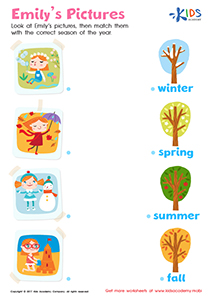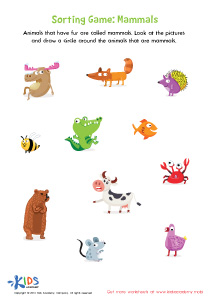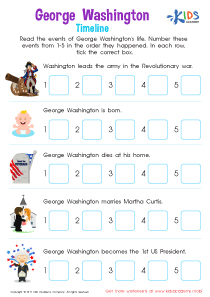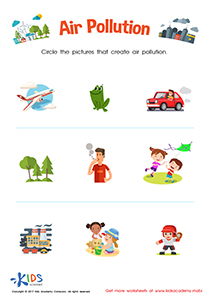Extra Challenge Community Worksheets for Ages 3-9
3 filtered results
-
From - To
Unlock your child’s potential with our Extra Challenge Community Worksheets for Ages 3-9. Designed to inspire curiosity and foster learning, these printable worksheets introduce children to the world around them through engaging activities. Perfect for young learners, they cover diverse community themes, enhancing their understanding of various roles and places. Ideal for parents and educators seeking to provide an extra challenge, these worksheets promote critical thinking, creativity, and problem-solving skills. Each worksheet is carefully crafted to captivate young minds and encourage a lifelong love of learning. Empower your child to explore and learn about their community in a fun and interactive way.
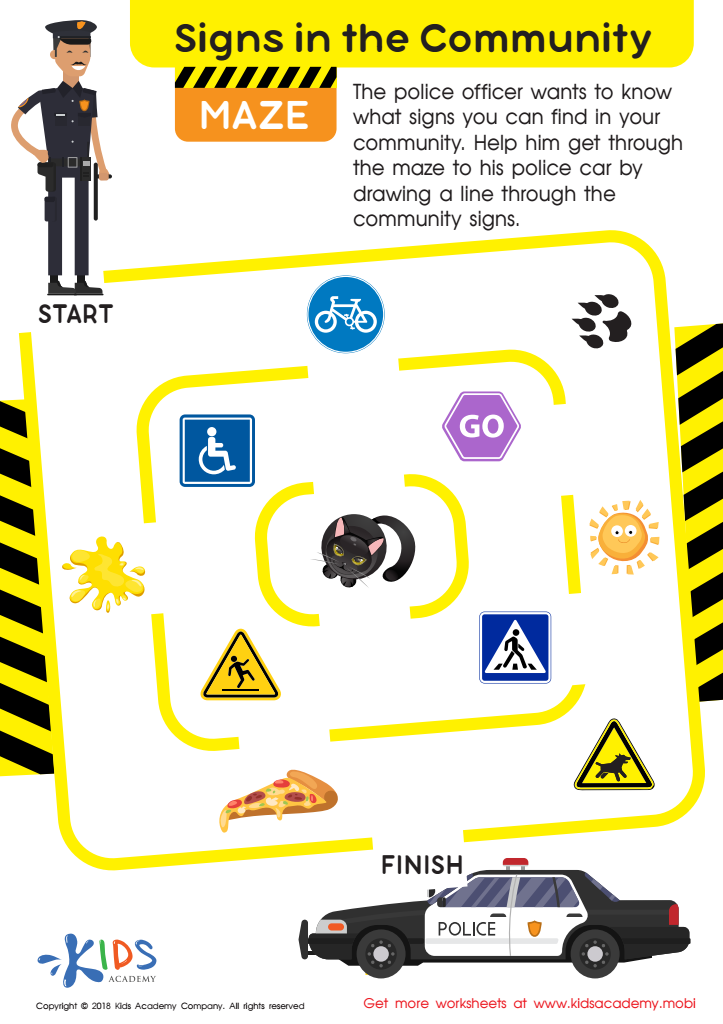

Signs in the Community: Maze Worksheet
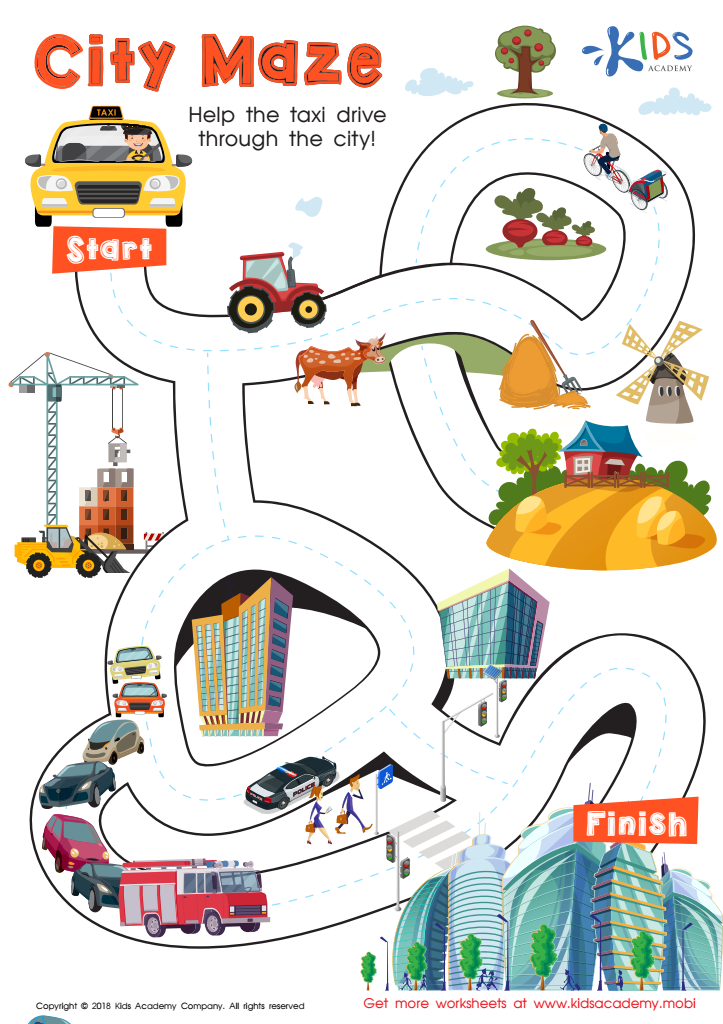

City Maze Worksheet
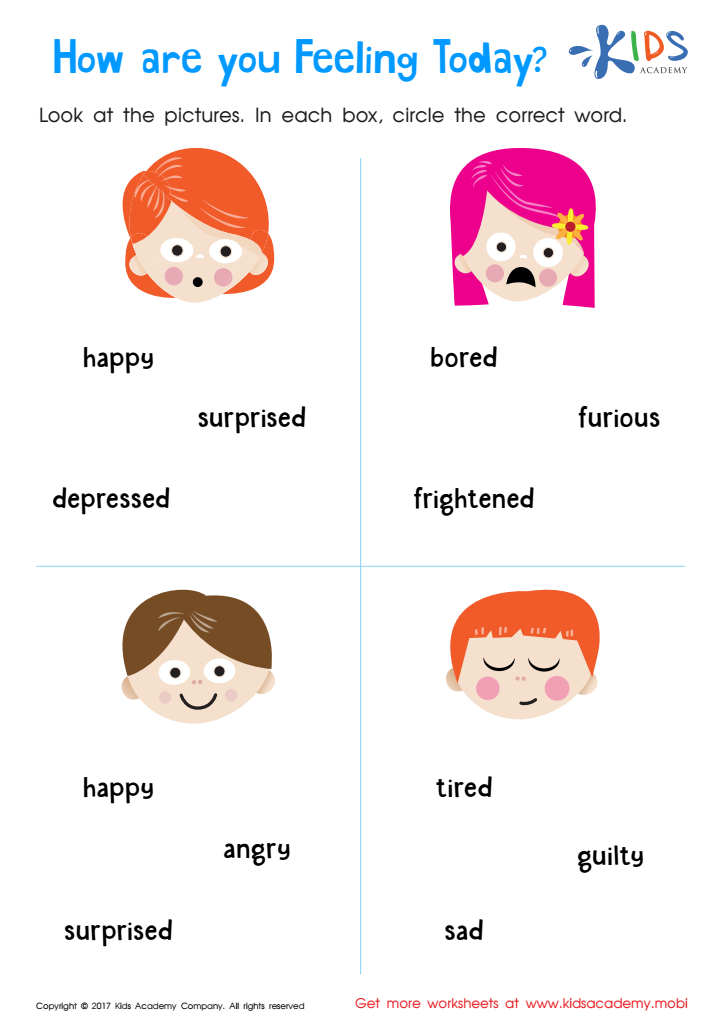

Understanding Feelings Worksheet
Extra Challenge Communities for children aged 3-9 offer significant benefits that parents and teachers should fully embrace. These communities provide a structured, supportive environment where young minds can thrive through playful activities, social interaction, and a variety of learning experiences.
Firstly, engaging in extra challenges helps stimulate cognitive development. Children in this age group are highly receptive to learning new concepts, skills, and behaviors. Extra challenges, whether they pertain to problem-solving, creativity, or physical coordination, enhance brain development, boosting critical thinking and adaptability.
Secondly, social-emotional growth is fostered within these communities. Children learn to cooperate, communicate, and build important relationships with peers and mentors. This social interaction is vital for developing empathy, resilience, and confidence. It prepares them for the more complex social dynamics of school and life.
Thirdly, these communities often provide a safe, fun, and nurturing environment that respects and responds to each child's unique needs. Small group settings or one-on-one challenges ensure personalized attention, allowing every child to progress at their own pace.
Finally, extra challenge activities keep children engaged and motivated. By having fun while learning, they develop a positive attitude toward education, which lays the foundation for lifelong learning and personal development. Overall, caregivers should see these communities as essential contributors to holistic child development.
 Assign to My Students
Assign to My Students










